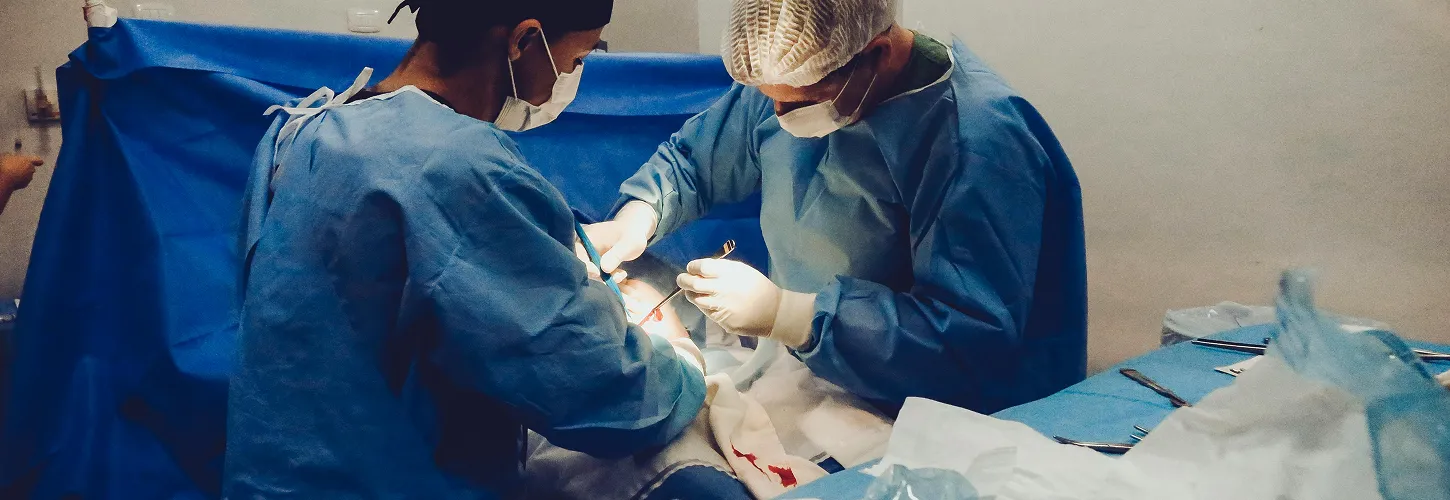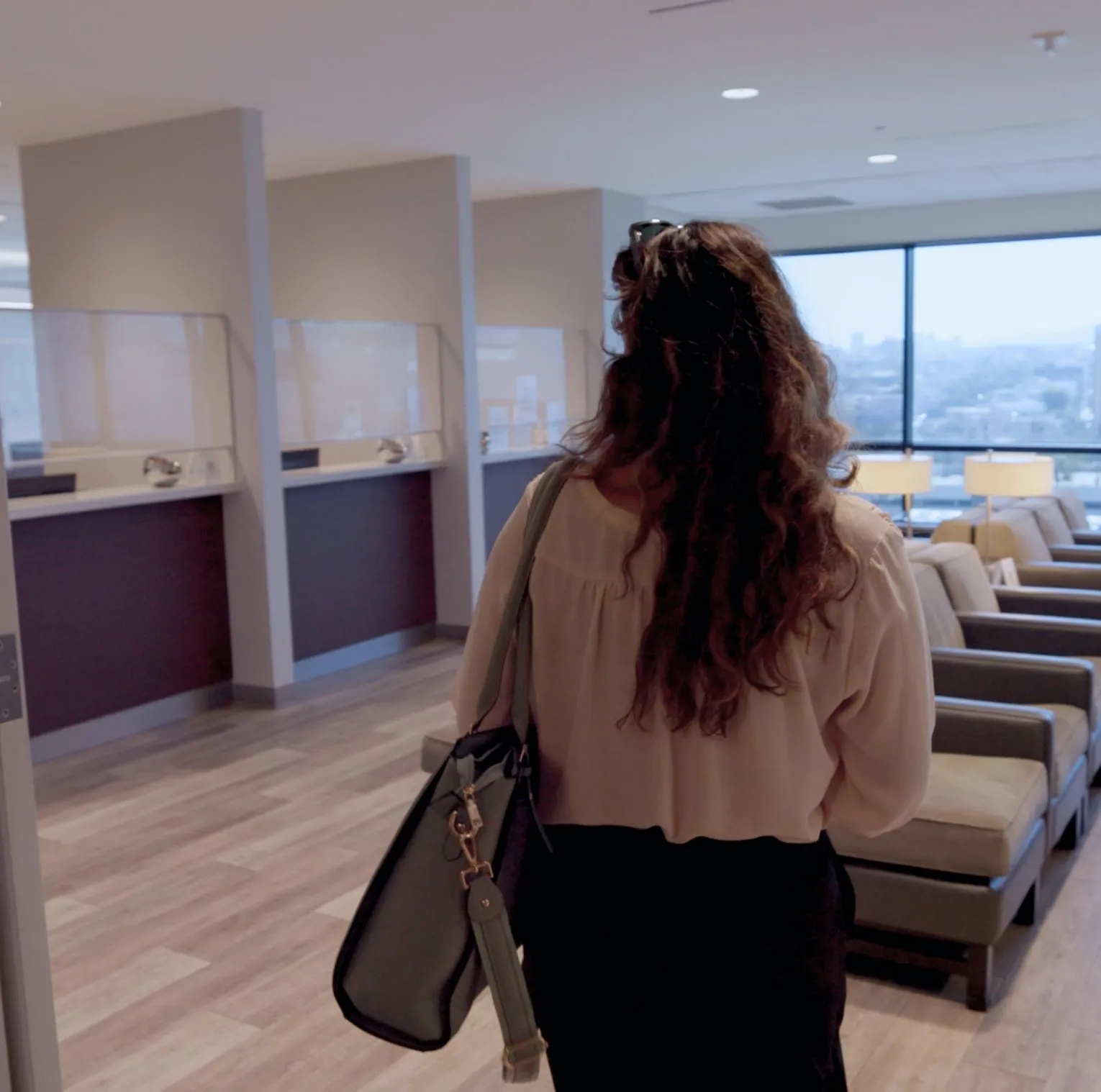




Meningioma Surgery in Los Angeles
Expert care for benign brain tumors with precision image-guided microsurgery, craniotomy, and radiosurgical options







WHAT IS Meningioma Surgery?
Meningioma surgery is a neurosurgical procedure used to remove or control benign tumors that arise from the meninges, which are the protective membranes covering the brain and spinal cord. While most meningiomas are non-cancerous and slow-growing, they can still cause serious symptoms due to pressure on nearby brain tissue, nerves, or blood vessels.
At Yashar Neurosurgery, Dr. Parham Yashar specializes in the surgical treatment of meningiomas using state-of-the-art techniques, including traditional craniotomy for complete or subtotal resection, image-guided microsurgery, and stereotactic radiosurgery. Each approach is carefully tailored to the tumor’s size, location, growth rate, and your individual health profile.



When Is Meningioma Surgery Recommended?
Meningioma surgery may be recommended if:
- You are experiencing symptoms such as headaches, seizures, vision problems, or motor deficits
- MRI shows the tumor is growing or pressing on critical brain structures
- The tumor is large, causing swelling (edema), or at risk of bleeding
- You have recurrent meningiomas or tumors unresponsive to radiosurgery
- Biopsy is needed for diagnosis or to rule out atypical or malignant features
In some cases, surgery is combined with or followed by radiation therapy. Smaller, asymptomatic meningiomas may only require careful observation with routine MRI.
Conditions commonly treated with meningioma surgery include:
- Skull base meningiomas affecting cranial nerves
- Convexity meningiomas causing seizures or cognitive decline
- Falx and parasagittal meningiomas pressing on motor cortex
- Recurrent or atypical meningiomas requiring reoperation
- Radiation-resistant tumors requiring surgical removal

What to Expect During A Meningioma Surgery




A bone flap is carefully removed to access the tumor. Using high-definition microscopes and navigation systems, Dr. Yashar performs precise tumor removal while preserving surrounding brain structures. The goal is to fully or maximally remove the tumor (gross total resection), which improves long-term outcomes and reduces recurrence risk.




Surgical precision is enhanced with intraoperative navigation and mapping tools, which allow Dr. Yashar to identify and avoid critical areas such as language or motor centers. This minimizes complications while maximizing tumor removal.




For smaller or hard-to-reach tumors, non-invasive radiosurgery such as Gamma Knife or LINAC-based SRS can deliver focused radiation to the tumor without open surgery. This technique is especially useful for elderly patients or those who are not good surgical candidates.




In cases of small, asymptomatic, or slow-growing meningiomas, a watch-and-wait approach may be taken with regular imaging. If signs of growth or symptom progression appear, surgery or radiation can be initiated.




Recovery depends on tumor location, surgical extent, and individual health. Most patients can expect:
- Three- to five-day hospital stay for craniotomy procedures
- Return to light activity within two to four weeks
- Gradual improvement in symptoms like headaches, vision issues, or seizures
- Low recurrence rate with total resection
- Personalized follow-up plans including MRI surveillance


FAQs About Meningioma Surgery
No. Observation is often appropriate for small, asymptomatic meningiomas. However, if the tumor grows, causes symptoms, or affects critical areas, surgery becomes the preferred treatment.
Yes, especially if the tumor cannot be completely removed. Dr. Yashar aims for gross total resection when safe and may recommend radiation therapy in high-risk or recurrent cases.
Risks include bleeding, infection, neurologic deficits, or cerebrospinal fluid (CSF) leak. Using advanced microsurgical techniques and intraoperative monitoring helps minimize these risks.
Stereotactic radiosurgery is highly effective for certain meningiomas, especially small ones in challenging locations. However, it may not be suitable for large tumors or those causing brain swelling.

How to Get Help From The Best Meningioma Surgeon in Los Angeles
If you’ve been diagnosed with a meningioma, it’s essential to partner with an experienced neurosurgeon who offers a full spectrum of treatment options. At Yashar Neurosurgery, Dr. Parham Yashar, who is board-certified and fellowship-trained, combines expertise in open and minimally invasive brain surgery with compassionate, individualized care. Whether you need surgical resection, stereotactic radiosurgery, or active monitoring, you’ll receive the most advanced, patient-focused treatment available at our state-of-the-art Beverly Hills facility. Dr. Yashar and our team provide comprehensive post-operative care, including pain management, neurorehabilitation referrals, and long-term monitoring to support full recovery.
Ready to break free from your debilitating condition? Schedule your consultation with the best meningioma surgeon in Los Angeles today.





Get in touch today
Please complete and submit the form below and a member of our staff will contact you shortly.




